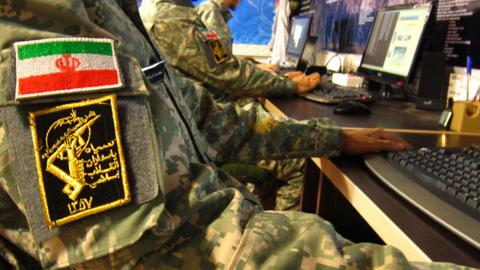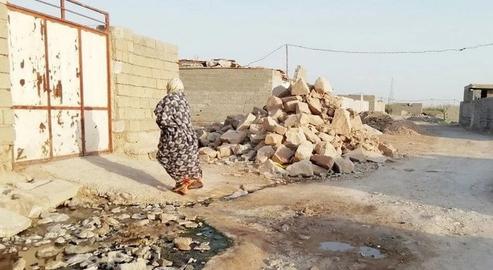Iran’s controversial new internet bill will put the military in charge of the traffic into and out of Iran, a parliamentary group has confirmed.
The announcement comes two days after the Iranian parliament voted in favor of the so-called “Bill for the Protection of Cyberspace Users”. If passed, the Bill could allow for stricter controls on internet access in Iran while also potentially blocking out major international platforms up to and including Instagram, Google and Amazon.
The Bill’s controversial nature is likely to be passed to a committee for approval. This would allow it to come into force on a trial basis for up to five years, after which it would be passed back to the legislature.
In a statement issued on July 29, the Iranian Parliamentary Research Center clarified a discrete aspect of the bill that – if anything – made it all the more concerning. "The armed forces’ control over cyberspace would ensure the IT communication infrastructure is secure,” it read. “This is exerted under the auspices of the National Cyberspace Center, which acts as a secure border gateway.”
The Research Center emphasized that the military would not be authorized to take action against "criminal content” or "unauthorized services”, or to divert internet traffic.
But these assurances appear to contradict the core tenets of the bill. It will also do little to quell the tide of criticism from MPs and the business and communications sector as well as ordinary Iranians.
Article nine of the draft bill, which was published ahead of the parliamentary vote on July 28, sets out plans to establish a "Safe Border Crossing Management Working Group" to oversee secure communications and monitor internet traffic.
The group would comprise representatives from the General Staff of the Armed Forces, the Revolutionary Guards Intelligence Organization, the Ministry of Intelligence, the judiciary and a number of other bodies.
It would work alongside the Ministry of Communications and Information Technology, and under the overall authority of the Cyberspace Supreme Council, to establish which parts of the world wide web were accessible to Iranians at a given time.
The move follows internet shutdowns and severe disruption in Khuzestan over the past two weeks amid growing unrest over water shortages in the province. Mobile internet connections have been disrupted in Ahvaz, Susangerd, Shush, Shadegan, Hamidiyeh, Izeh, Mahshahr, Dezful, Andimeshk, Abadan and Khorramshahr in a bid to contain the protests.
Media, civil society and political activists, journalists, artists and even football players have protested against the proposed bill. If it is passed, the knock-on effect for the two million small businesses in Iran that rely on the internet for trade could be disastrous. In addition, not all Iranians have access to censorship circumvention software or VPNs.
Related coverage:
"What Else Can they Do?": Rage and Resignation in Iran Over Internet Filtering Bill
More Arrests as Protests Intensify in Cities Across Iran
Iran Protests: Internet Shutdowns Becoming More Targeted
Iran Pulls a “North Korea” by Cutting off Internet in Response to Protests
Meet the Computer Scientists Helping Iranians Get Past Online Censorship
Shutting Down the Internet to Get Away with Murder
Plans for a National Intranet will make Iran more Isolated
Communications Minister on Clubhouse: Blocking Websites is Obsolete
Weekly Review of Censorship: Draft Bill Proposes a Ban on Western Media in Iran

























comments